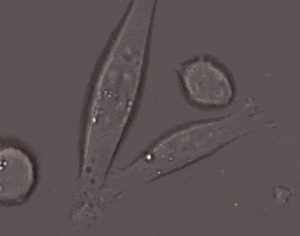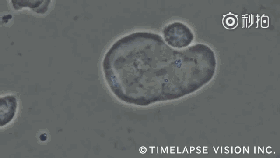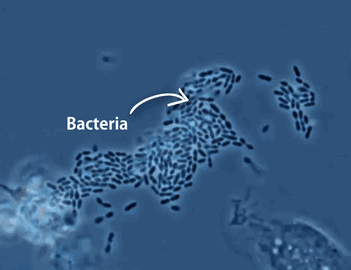
Immune System
The immune system refers to an "evolving system" composed of various immune molecules, immune cells, and immune organs that protect the body's normal cells/tissues/organs/systems (at least 12 major systems) from attacks by autoimmune molecules/immune cells, prevent mutations in normal cells, and prevent various infections from forming abnormal life systems in the human body, all determined by an individual's genomic DNA program.
Due to single nucleotide polymorphisms (SNPs), each person's genomic DNA sequence and program are different, so the immune system determined by each person's genome is also different. This is specifically reflected in the immune organs (thymus, bone marrow, lymph nodes, and spleen, etc.), immune tissues (the self-antigen receptor T cell library in lymph nodes), immune cells (DC cells, NK cells, macrophages, T cell library, and B cell library, etc.), immune molecules (various polyclonal antibodies, self-recognition molecules on cell surfaces such as blood type molecules, and immune checkpoint molecules such as PD-1, P10, P53, and P70, etc.), and immune factors (cytokines, interleukins, and cell activators, etc.) which may differ in morphology, structure, and function.
Immune System Upgrade
Immune system upgrade refers to the process by which an individual's immune system acquires various new antigens from using his/her new antigen products, synthesizing new antigen receptor T cells, new antigen receptor plasma cells, and polyclonal antibodies targeting the new antigens. Through immune system upgrades, the immune system gains the ability to long-term immune clearance of mutated cells, tumor cells, cancer cells and their derivatives, and infections, preventing them from forming abnormal life systems in the human body. At the same time, it protects the normal systems of the body (at least 12 major systems) from the influence of abnormal systems, allowing for healthy functioning.
BioMedicure (Shanghai) Medical Research Co., Ltd. and scientists from BioMedicure in the United States have discovered through various medical studies that the key to immune system upgrade is the process of acquiring various new antigens:
1) The most important immune organ in the human body is the lymph nodes, which are so important that there can be up to 600 of them in the human body! Their complete structure and function determine the accuracy of antigen analysis in the human immune system.
2) When the self-antigen receptor T cell database in the lymph nodes is sound, the immune system achieves 100% accuracy in analyzing new antigens.
3) Using customized BioMedicure patented products "ATATES" and "AMAMES" can achieve 100% accuracy in acquiring various new antigens.
The immune system upgrades based on the types of new antigens in the "ATATES" and "AMAMES" patented products, and the upgraded immune system gains the ability to long-term eliminate mutated cells, precancerous cells, cancer cells, microtumors, tumors, and their derivatives including exosomes and circulating DNA that carry new antigens.
The upgraded immune system has an enlarged new antigen receptor T cell library, capable of killing cancer cells without harming any normal cells. The following diagram shows the process of T cells killing cancer cells:

The upgraded immune system has an enlarged new antigen receptor B cell library, NK cell library, etc., capable of using various "weapons" to eliminate groups of cancer cells without harming any normal cells. The following diagram shows the process of NK cells killing cancer cells:

The upgraded immune system has an enlarged new antigen receptor B cell library, NK cell library, and polyclonal antibody library, etc., capable of using various "weapons" to eliminate groups of infected cells without harming any normal cells. The following diagram shows the process of immune cells killing infectious bacteria:

Long-term immune elimination of groups of mutated cells, cancer cell groups, and their derivatives and infections, restoring the systems that have lost balance due to the influence of mutated cells, cancer cells (and their derivatives), and infections, including the normal structure and function of the movement system, digestive system, respiratory system, endocrine system, urinary system, reproductive system, nervous system, immune system, and circulatory system, thereby allowing the patient to fully recover health.


